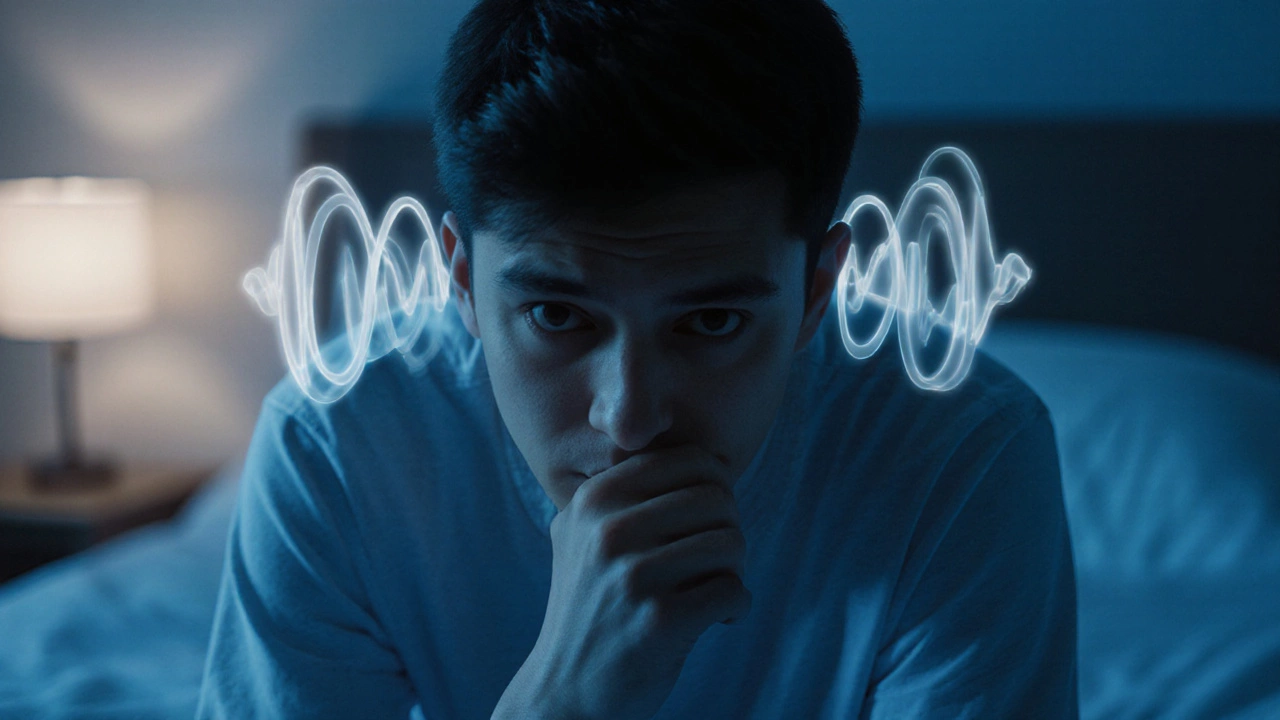Schizophrenia Warning Signs: What to Watch For and When to Act
When we talk about schizophrenia, a chronic mental health condition that affects how a person thinks, feels, and behaves. It’s not about split personalities—it’s about the brain losing its grip on reality. Many people don’t realize the early signs show up years before a full-blown episode. These aren’t sudden outbursts. They’re quiet changes: withdrawal, odd speech, trouble focusing, or feeling watched when no one’s there. Recognizing these schizophrenia warning signs early can change everything.
These signs often show up in teens and young adults, especially between ages 16 and 30. You might notice someone stopping hobbies they once loved, talking in circles, or suddenly dressing differently. They might seem distant, even when you’re right beside them. Hallucinations—like hearing voices no one else hears—are the most feared symptom, but they’re often the last to appear. Before that, there’s usually a slow drift: poor sleep, irritability, neglecting hygiene, or believing strange things without evidence. These aren’t just "being weird." They’re clues. And they’re not always obvious. A student who used to get A’s starts failing classes. A once-social friend stops answering texts. A sibling starts muttering to themselves in the corner. These aren’t personality quirks. They’re early signals of psychosis, a break from reality that can be part of schizophrenia or other mental health conditions.
What makes this harder is that families often dismiss these signs as teenage moodiness, stress, or laziness. But psychosis doesn’t go away on its own. The longer it goes untreated, the harder it is to recover. Early intervention—like therapy, support groups, and sometimes medication—can stop it from worsening. You don’t need to diagnose someone. You just need to notice the pattern and act. If someone’s behavior has changed over weeks or months, and it’s affecting their school, work, or relationships, it’s time to talk to a doctor. Mental health isn’t about waiting for a crisis. It’s about catching the warning signs before they become emergencies.
What follows are real stories and insights from people who’ve lived through this—parents who spotted the signs too late, young adults who got help in time, and doctors who’ve seen how early action saves lives. You’ll find practical advice on what to say, where to go, and what to expect. This isn’t about fear. It’s about knowing what to look for—and having the courage to speak up before it’s too late.
Three Key Warning Signs of Schizophrenia You Shouldn’t Miss
Learn the three early warning signs of schizophrenia, why they matter, and how to act fast. Get clear steps for detection, professional help, and support.
read more
